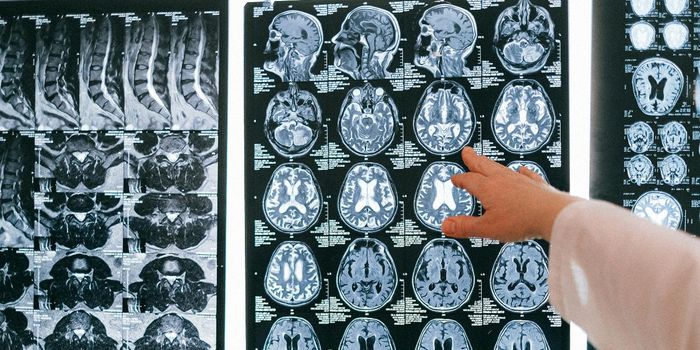Technical Note: MHC-Peptide Exchange Technology Explained
Published by Beata Boczkowska, Ph.D.
Understanding how major histocompatibility complex class (MHC) molecules and peptides interact within the immune system is crucial for the advancement of biological sciences and medicine. A better understanding of how and when the immune system is activated can lead to treatments in diseases such as cancer or for the development of new vaccines.
MHC-peptide exchange technology attempts to replicate the immune response where peptide exchange occurs on an MHC molecule. The combination of the peptide sequence and the MHC molecule define the strength of the binding affinity resulting in a weak or strong interaction. In order for in vivo T cell epitope to be immunogenic, it must be able to bind a compatible MHC molecule and remain bound for long enough to be presented to and recognized by T cells to elicit an immune response. This shows that a strong binding affinity of MHC/peptide sequence in vitro may indicate potential strong immune interactions of antigen specific T cells in the desired model test sample. Ultimately obtaining this crucial peptide-MHC partnership, where binding affinity is the optimal amount, and the subsequent T cell reaction is sufficient for a therapeutic response, is difficult and cumbersome. There are many different technologies to explore MHC-peptide binding. This technical note evaluates these technologies and reports on advantages and disadvantages.
Different techniques have been developed to allow for peptide exchange on MHC I for CD8 T cells detection. These techniques include catalysts or chemicals used to initiate cleavage of peptide traces and replaced by a peptide of choice (Rodenko et al., 2009; Amore et al., 2013; Choo et al., 2014; Saini et al., 2015). On the other hand, a photocleavable peptide is loaded on MHC I monomers cleaved when exposed to UV light, followed by loading with peptides of choice (Rodenko et al., 2006; Toebes et al., 2006; Bakker et al., 2008). With UV light–mediated peptide exchange, the heavy and light chains are refolded with a sacrificial peptide containing a photolabile group, such that upon photocleavage by UV light, the artificial peptide dissociates to allow an exchange peptide to bind to the MHCI presentation groove.
Peptide exchange reactions play an important role in the assembly of MHC molecules in vitro. It has been shown that immunogenic peptides tend to interact with their restricting MHC molecule with an affinity better than 500 nM (Sette A, et al.,1994). Thus, having the capability to assess the binding affinity of an in vitro interaction between peptide and MHC I is highly valued. The QuickSwitch™ kit permits this type of assessment by generating quantitative data for analysis and tetramers suitable T cell detection. With increasing development of epitope discovery prediction technology, the accurate detection of MHC antigen–specific T cells will have a strong impact on the immune monitoring of responses to infection and cancer immunotherapies. Currently, potential for personalized cancer treatment is fueling the need to identify T cell responses against neoantigens and other cancer-specific epitopes for the success of immunotherapy. In a recent publication by Wang et al., 2022, the KRAS driver mutation was examined since it is thought to generate T cells specific for this shared neo-antigen. QuickSwitch™ identified 9-mer and 10-mer of G12V KRAS to measure CD8+ HLA-A*11:01 T cells and with data collected a novel method was developed to generate TIL cultures specifically reactive to mKRAS(G12V). Therefore, having an approach for peptide exchange that can be achieved within hours of a patient’s T cell response is critical for research in discovery phase and clinical trials to create new therapies and/or personalized medicine.
TAGS: IMMUNOLOGY, QUICKSWITCH, PEPTIDE EXCHANGE, MHC










